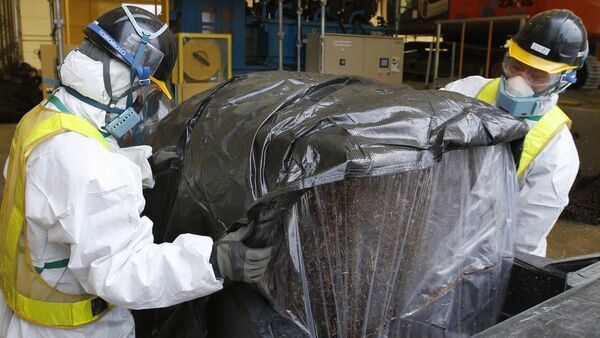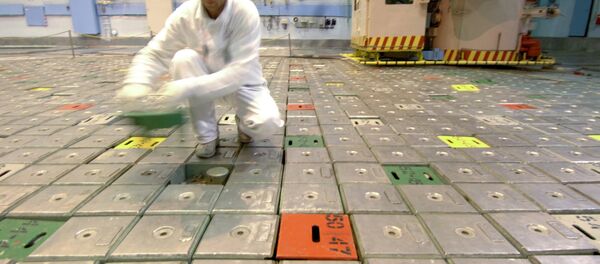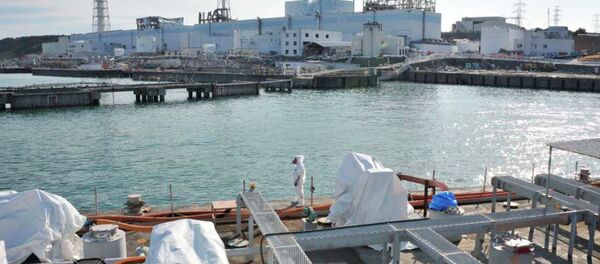MOSCOW, December 2 (Sputnik) – A nuclear waste recycling plant in Rokkasho, Japan, was supposed to start operating back in 1996, but is yet to open, Foreign Policy said.
Japan Nuclear Fuel Limited (JNFL), the owner of the project, announced on October 31 that the plant would not be open earlier than March 2016. This is already the twenty-first time the company has postponed the launch of the plant.
Since Japan lacks its own uranium reserves, it has been developing the infrastructure to recover plutonium supplies by recycling used fuel. The nuclear recycling plant in Rokkasho, which cost $20 billion, is intended to recover plutonium from nuclear waste.
The uncontrolled growth of potentially dangerous materials could pose a threat to regional and even international stability.
Japan is not likely to back down from the project altogether, considering how much it has already invested. However, it would make more sense for Japan to wait until it develops the entire processing chain for recycled plutonium, Foreign Policy said.




